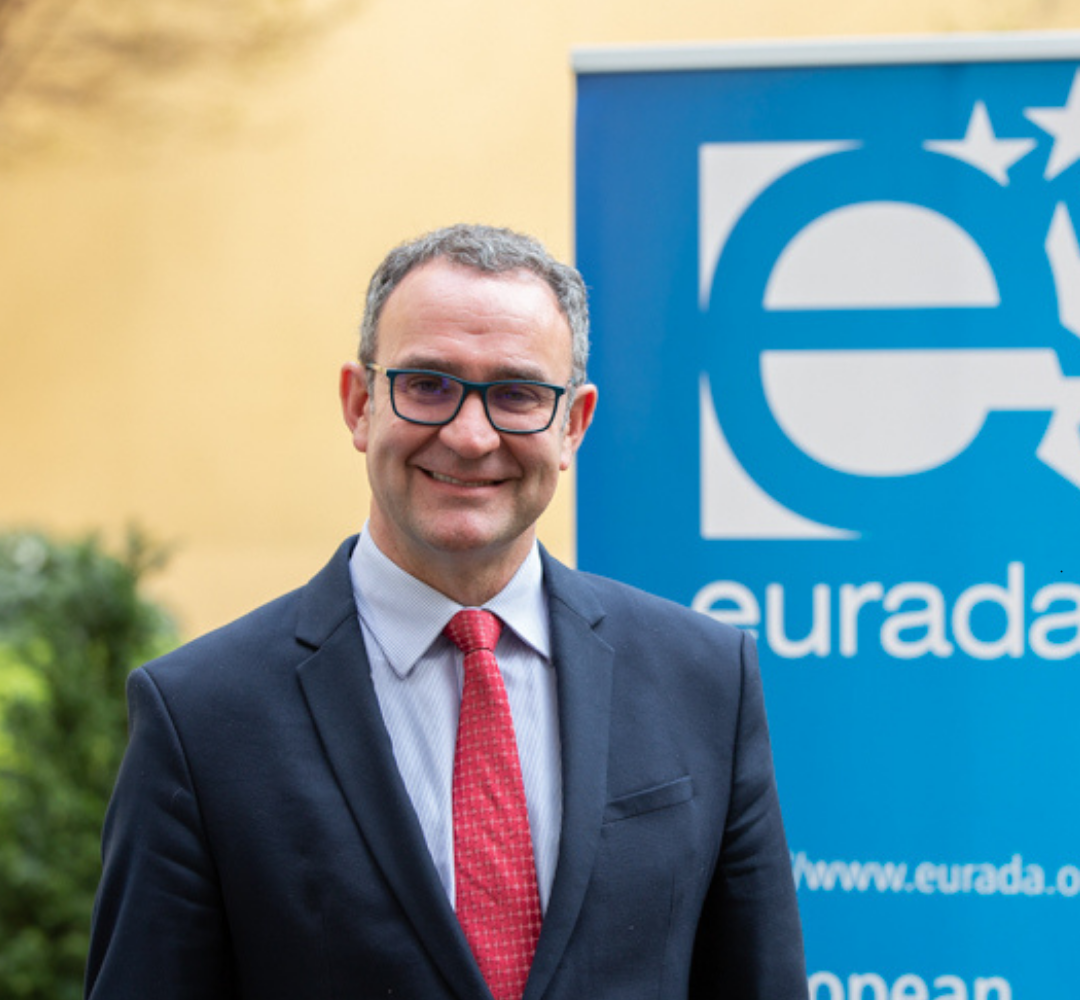
In what ways does EURADA support and coordinate development agencies, and what are the main activities that development agencies implement to support SMEs?
EURADA is a unique entity in Europe because it gathers professionals from 23 European countries who work in their regions in close contact with companies. It is not a new idea. The association is already 30 years old. It was created at a time when European regional policy was beginning. When it was established in 1992, a group of visionaries decided that the association should facilitate benchmarking between regional development agencies and support the European Union institutions in designing effective territorial policies for economic growth. Despite the years that have passed, its objectives and activities remain the same.
The members of the association are development agencies. Local and regional governments establish agencies as public entities under private law to facilitate agile mechanisms to support innovation in companies; internationalisations, supply enough financial resources, attract talent, create companies, scale-up entrepreneurial initiatives, etc. Today, they are present in every region of Europe, providing close support to companies and entrepreneurs.
‘SMEs are the cornerstone of European competitiveness and the social cohesion of our economies. The strength of our SMEs is what distinguishes us from other places in the world.’
How does intellectual property foster innovation and growth, in your experience?
From a regional development point of view, it is now well established that the primary source of the competitiveness of territories comes from innovation and sustained investment in R&D with sufficient resources. Intellectual property is the main mechanism for maintaining exclusive rights. Consequently, they incentivise investments in intangible assets, and the creation of knowledge capital in companies is necessary for competitiveness.
Intellectual property rights help compete in the single market by providing suitable incentives. Companies and entrepreneurs need to be fast, agile, close to the customer and invest continuously in innovation in an open economy like the European single market.
What is your impression of the EUIPO’s SME programme and the role it plays in supporting SMEs?
I believe the EUIPO's SME programme is necessary. SMEs are the cornerstone of European competitiveness and the social cohesion of our economies. The strength of our SMEs is what distinguishes us from other places in the world. We must implement adequate SME-friendly initiatives, because companies need to have a proper strategy to protect their innovations and expand in their local and international markets – which is not easy to do!
In the name of the development agencies, I am very grateful for the work that the EUIPO is carrying out. We appreciate the proactivity in connecting us with the industrial sectors and initiatives such as the SME Fund vouchers, the tools designed for easing the registration for SMEs, the advice provided and, above all, the popularisation of intellectual property.
Our European single market remains one of the sources of the economy's competitiveness. The work carried out by the EUIPO is making a substantial contribution to establishing clear incentives for innovation. It has put in place simple procedures for registering trade marks and designs that positively impact the day-to-day running of businesses and provide them with strength in the face of crises caused by geopolitical challenges such as the current ones.

EURADA Director Esteban Pelayo
‘We must generate impact; for that purpose, it is necessary to act locally (at working distance from companies), but at the same time with the highest level of European professionalism and the highest possible quality’
What are your views regarding the potential for national and regional development agencies to take advantage of the current EURADA-EUIPO cooperation?
The offer of the EUIPO is an exciting opportunity for all European stakeholders, especially for regional development agencies. There are clear fields of cooperation between the EUIPO and the regional development agencies, particularly in promotion. I believe that many everyday activities could be done to promote, guide and support companies. However, for the most advanced regional development agencies, training could be provided to their staff, so they can offer skillful support to companies. From the point of view of the whole European ecosystem, this initiative brings capillarity to the EUIPO’s initiatives.
The link between development agencies and the EUIPO is essential. Therefore, I encourage regional development experts who are in daily contact with companies to approach the EUIPO for close support, which will help them to prepare their local stakeholders to be more innovative.
Can development agencies act as ‘facilitators’ in involving their national/regional SME ecosystems?
I think all these initiatives are coordinated at regional and local levels, because they are often led by development agencies as coordinators. At local and regional levels, the agencies provide a service of dynamisation of the different actors searching for a common interest. The EEN is currently the European network with the greatest support and is a reference for all experts in regional development. The role of clusters is also crucial, because they support many innovative SMEs. The new network of Digital Innovation Hubs (DIHs) will have to provide adequate information that will incentivise creativity.
Ideally, I would like to see established a strong cooperation between the EUIPO, the EEN and the Digital Innovation Centres (DIH).
We must generate impact; for that purpose, it is necessary to act locally (at working distance from companies), but at the same time with the highest level of European professionalism and the highest possible quality. All these initiatives are internationalised and allow us to count on the support of the central secretariat (EURADA, EEN, ECCP, etc.), establishing links with the best European nodes. This cooperation in a competitive environment, with a critical mass such as the single market, is enabling the development of many European territories.
